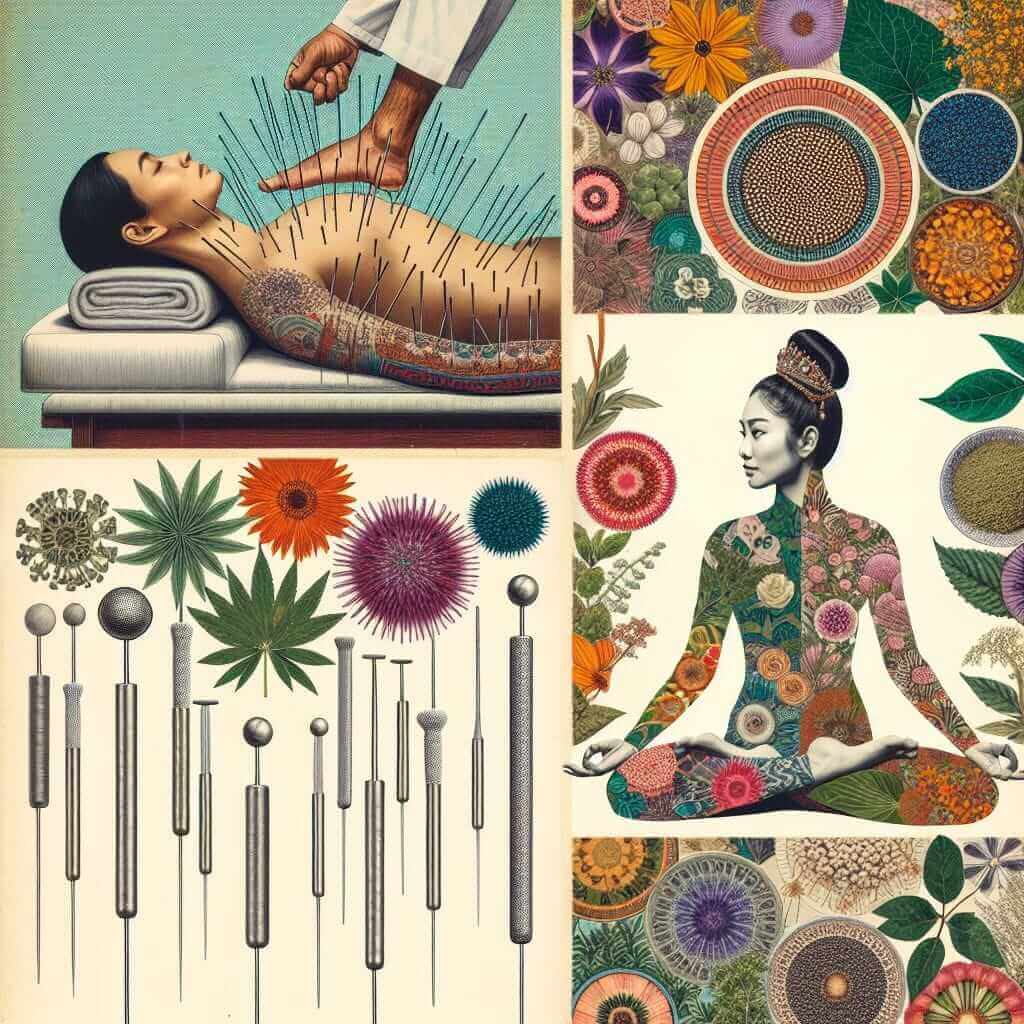The debate surrounding alternative medicine versus conventional treatment is a topic frequently encountered in IELTS Writing Task 2. This essay will delve into this subject, providing insights, vocabulary, and a sample answer to help you excel in your IELTS exam.
A cursory search on any IELTS resource website will reveal a plethora of questions on this theme. It is a recurring theme in the IELTS exam, suggesting that understanding the nuances of this debate is crucial for test-takers.
Here are a few recent IELTS Writing Task 2 questions that touch upon this theme:
- Some people believe that traditional medicine is more effective than modern medicine. Do you agree or disagree?
- The popularity of alternative medicine is increasing. What are the reasons for this trend? Is it a positive or negative development?
- Many people are turning to alternative medicine to treat illnesses. What are the advantages and disadvantages of this trend?
Sample Essay Question
For this exercise, let’s focus on the following question:
“Alternative medicine is becoming increasingly popular. What are the reasons for this growing trend? Do you think this is a positive or negative development?”
Analysis of the Question
This question presents a two-part challenge:
- Identifying the reasons: You must explore the factors driving the rising popularity of alternative medicine.
- Evaluating the trend: You need to present a balanced analysis of whether this increasing popularity is beneficial or detrimental.
Sample Essay

Alternative medicine, encompassing a wide array of therapies outside the realm of conventional medicine, has witnessed a surge in popularity in recent years. This essay will delve into the reasons behind this trend and discuss whether it is a positive or negative development.
One primary reason for the increasing acceptance of alternative medicine is the disillusionment with the side effects often associated with conventional treatments. Many individuals are seeking gentler, more holistic approaches that address the root causes of ailments rather than merely alleviating symptoms. For instance, acupuncture, an ancient Chinese practice, is gaining traction for its purported efficacy in pain management and stress reduction without the risks associated with pain medications.
Furthermore, the rising cost of conventional healthcare has made alternative medicine an attractive option for many. In several countries, healthcare systems are strained, leading to lengthy wait times and limited access to specialists. Consequently, people are turning to alternative therapies like herbalism or traditional massage, which are often more affordable and accessible.
However, the growing popularity of alternative medicine is not without its drawbacks. One significant concern is the lack of rigorous scientific evidence to support the efficacy of some alternative therapies. Unlike conventional medicine, which relies on extensive research and clinical trials, many alternative practices lack standardized protocols and robust scientific backing.
Moreover, the unregulated nature of some alternative therapies poses potential risks. Without proper oversight and qualification checks for practitioners, individuals may be susceptible to ineffective or even harmful treatments. This underscores the importance of approaching alternative medicine with caution and seeking guidance from qualified and reputable practitioners.
In conclusion, the increasing popularity of alternative medicine can be attributed to factors such as dissatisfaction with conventional treatments, cost considerations, and a desire for holistic healing. While it offers potential benefits, the lack of scientific validation and regulatory oversight in some areas raises concerns. Ultimately, a balanced approach that integrates the strengths of both conventional and alternative medicine, under proper guidance, may hold the key to optimal well-being.
Word count: 284
Writing Tips
- Vocabulary: Utilize a wide range of vocabulary related to health, treatment, and societal trends.
- Structure: Follow a clear structure – Introduction, Body Paragraphs (reasons and evaluation), and Conclusion.
- Examples: Support your arguments with relevant examples.
- Balance: Present a balanced view, acknowledging both the advantages and disadvantages of the trend.
- Grammar: Pay attention to grammar accuracy, particularly when discussing complex issues.
Vocabulary
- Holistic (adj.): [hoʊˈlɪstɪk] – relating to or concerned with the whole system rather than individual parts.
- Disillusionment (n.): [ˌdɪsɪˈluːʒənmənt] – a feeling of disappointment resulting from the discovery that something is not as good as one believed it to be.
- Efficacy (n.): [ˈɛfɪkəsi] – the ability to produce a desired or intended result.
- Traction (n.): [ˈtrækʃən] – the grip or hold that something has on a surface.
- Purported (adj.): [pərˈpɔːrtɪd] – said to be true or real, but not definitely true or real.
- Rigorous (adj.): [ˈrɪɡərəs] – extremely thorough and careful.
- Robust (adj.): [roʊˈbʌst] – strong and healthy; vigorous.
- Oversight (n.): [ˈoʊvərˌsaɪt] – the act of overseeing something.
- Susceptible (adj.): [səˈsɛptəbəl] – likely or liable to be influenced or harmed by a particular thing.
- Integrate (v.): [ˈɪntɪˌɡreɪt] – to combine two or more things so that they work together.
Conclusion
This essay has provided a sample answer to an IELTS Writing Task 2 question related to alternative and conventional medicine. By understanding the reasons behind the growing popularity of alternative medicine and analyzing its pros and cons, you’ll be better equipped to tackle similar questions in your IELTS exam. Remember to employ diverse vocabulary, maintain a clear structure, and support your arguments with relevant examples.